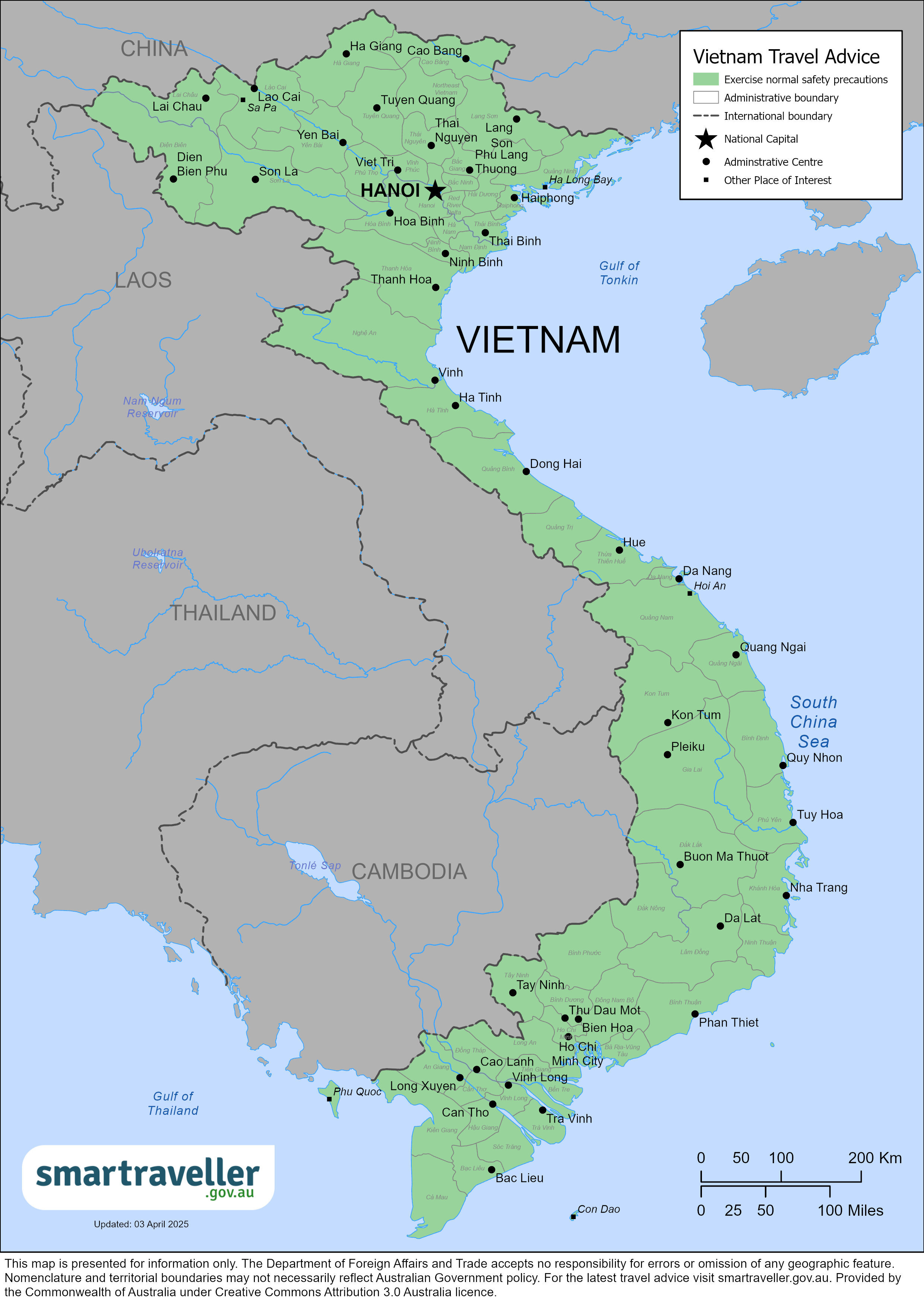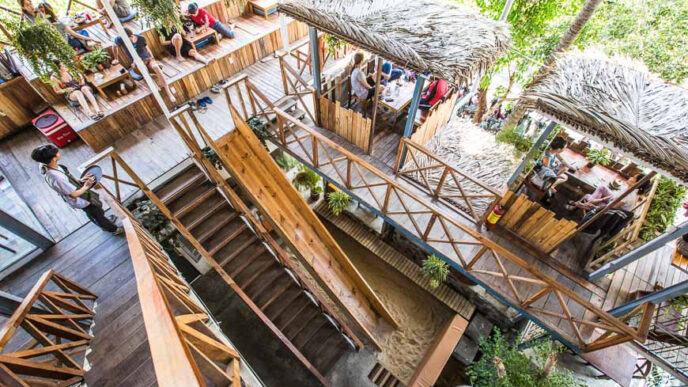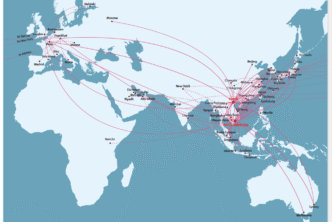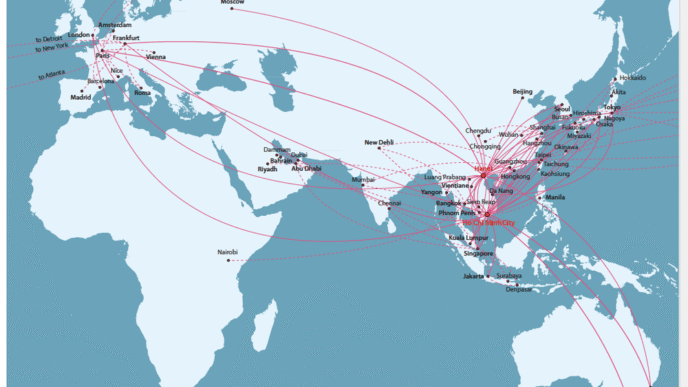Vietnam Safety Advice: Essential Tips for Travelers
Vietnam is one of the most popular destinations in Southeast Asia, known for its vibrant culture, beautiful landscapes, and rich history. However, just like traveling anywhere else, it’s important to be aware of safety guidelines to ensure a smooth and enjoyable experience. This article provides comprehensive Vietnam safety advice that will help you stay safe, avoid common pitfalls, and make the most of your trip.
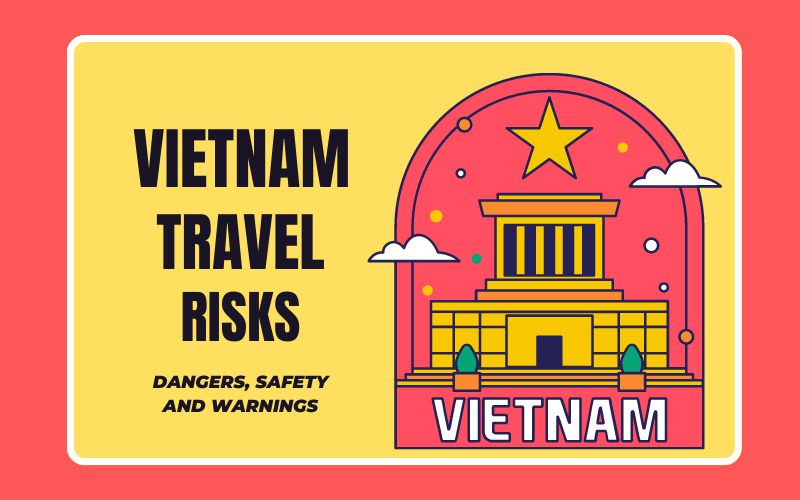
1. General Safety in Vietnam
Vietnam is generally a safe destination for tourists. Most travelers find the country welcoming, friendly, and hospitable. However, it’s always important to take precautions to avoid potential risks.
What to Know About Safety in Vietnam:
-
Crime Rates: Vietnam has relatively low crime rates compared to other countries in Southeast Asia. However, petty crimes like pickpocketing and bag snatching can happen, particularly in crowded tourist spots or markets.
-
Traffic Hazards: The most common safety concern in Vietnam is road safety. The streets can be chaotic, especially in cities like Hanoi and Ho Chi Minh City, where motorbikes dominate the traffic. Always stay alert when crossing the street and follow traffic signals.
Tip: Be cautious when crossing the street in major cities, and always use pedestrian crossings if available.
2. Transportation Safety Tips
Vietnam offers a variety of transportation options for tourists, from motorbikes to buses and taxis. However, there are some important safety tips to consider before you hit the road.
What You Need to Know About Transportation Safety:
-
Motorbikes: Many locals and tourists use motorbikes as their primary mode of transport. If you plan to rent a motorbike, make sure to wear a helmet and have an international driving permit.
-
Taxis: Always choose reputable taxi companies such as Mai Linh or Vinasun. These companies are known for their reliable service and metered fare systems. Be wary of unmarked or unofficial taxis, as some may overcharge tourists.
-
Ride-Hailing Apps: Services like Grab are popular in Vietnam and often offer safer and more affordable alternatives to traditional taxis.
Tip: If you’re taking a motorbike ride or a taxi, make sure your seatbelt is fastened, and always opt for reliable services.
3. Health and Medical Safety
Vietnam has a good healthcare system, especially in major cities, but it’s still important to take necessary precautions when it comes to health.
Health Tips for Traveling in Vietnam:
-
Vaccinations: Before traveling, check with your doctor to ensure you’re up-to-date on vaccines such as Hepatitis A, Hepatitis B, and Typhoid, which are recommended for travelers to Vietnam.
-
Water and Food Safety: It’s best to drink bottled water to avoid waterborne diseases. When eating street food, choose vendors that appear clean and busy with locals.
-
Insect Protection: Vietnam has a tropical climate, and mosquitos can transmit diseases like Dengue Fever. Use insect repellent with DEET and wear long sleeves in the evening to reduce the risk of bites.
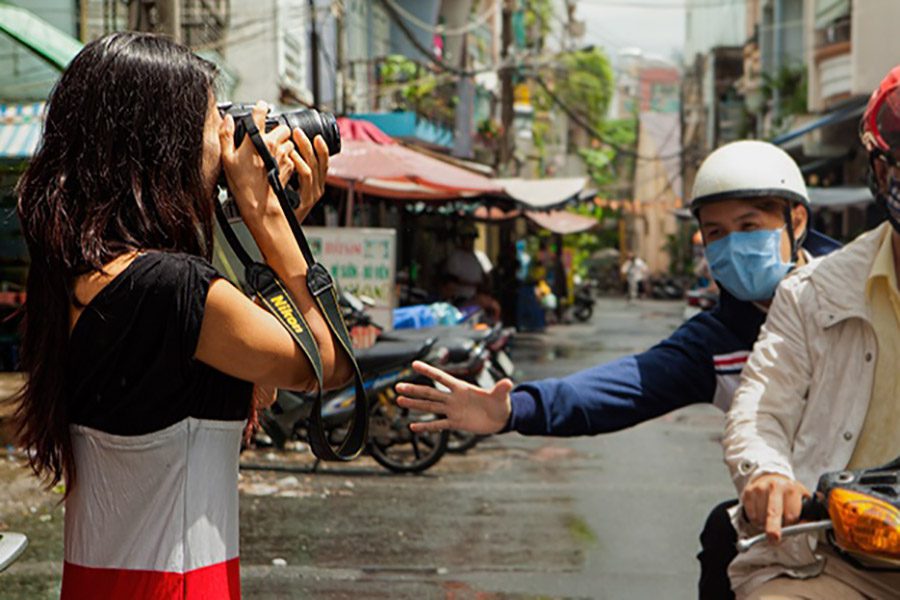
Tip: Carry a basic first-aid kit with items like band-aids, antiseptic cream, and over-the-counter medication for common ailments.
4. Solo Traveler Safety
Traveling solo in Vietnam can be an incredibly rewarding experience, but it’s important to stay vigilant, especially if you’re unfamiliar with the local environment.
Safety Tips for Solo Travelers:
-
Stay in Well-Lit Areas: Avoid walking alone at night, especially in unfamiliar or poorly lit areas. Stick to well-populated streets and popular neighborhoods.
-
Use Technology: Make use of maps and location-sharing apps to stay connected with family or friends, especially when you’re exploring new places.
-
Trust Your Instincts: If something doesn’t feel right, don’t hesitate to leave a situation. Trust your gut and prioritize your safety over social pressure.
Tip: Always keep a copy of your passport and important documents in a safe place, separate from the originals.
5. Scams and Tourist Traps
As with many tourist destinations, Vietnam has its fair share of scams and tourist traps. Being aware of common scams will help you avoid unpleasant situations.
Common Scams to Avoid in Vietnam:
-
Taxi Scams: As mentioned earlier, always choose reputable taxis. Some drivers may offer a flat rate instead of using the meter, which can result in higher fares. Confirm the fare before you get in the taxi.
-
Overcharging at Tourist Sites: Be cautious when purchasing tickets or souvenirs at major tourist attractions. Some vendors may charge foreign visitors higher prices.
-
Fake Goods: While shopping in markets, be aware that some vendors might sell counterfeit products, such as designer goods. Always ask for authenticity when buying high-ticket items.
Tip: If you are unsure about a price or deal, politely walk away and explore other options.
6. Political Situation and Safety
Vietnam is a politically stable country, and violent demonstrations are rare. However, it’s always best to stay informed about the local political climate and be respectful of the country’s laws.
What You Should Know About Vietnam’s Political Landscape:
-
Freedom of Expression: Vietnam has strict laws regarding public demonstrations and protests. Avoid engaging in political discussions or activities that could be seen as controversial.
-
Public Behavior: Vietnamese society is relatively conservative, so always be respectful of local customs and dress codes. For example, when visiting temples or pagodas, dress modestly and remove your shoes before entering.

Tip: Stay updated on local news and political developments by following reliable sources to ensure you’re aware of any potential disruptions.
7. Natural Disasters and Weather Safety
Vietnam’s tropical climate means that certain weather conditions can pose a safety risk, particularly during the rainy season.
Natural Disaster Safety in Vietnam:
-
Typhoons and Flooding: Vietnam is prone to typhoons, especially in the central and northern regions between July and November. During this period, heavy rainfall and flooding can disrupt travel plans.
-
Heat: Vietnam’s hot climate can be overwhelming, especially during the summer months. Drink plenty of water, wear sunscreen, and take breaks in the shade to avoid heat exhaustion.
Tip: Always check the weather forecast before traveling, particularly during the rainy season, and plan your trip accordingly.
FAQs About Safety in Vietnam
1. Is Vietnam safe for solo travelers?
Yes, Vietnam is generally safe for solo travelers. However, it’s important to take precautions, especially when traveling alone at night or in unfamiliar areas.
2. Are the roads safe in Vietnam?
Traffic can be chaotic, especially in major cities. Always be careful when crossing streets, and consider using ride-hailing services like Grab for safer transportation.
3. What should I do if I lose my passport in Vietnam?
If you lose your passport, immediately report it to the local police and your embassy or consulate. They can assist you in getting a temporary passport to continue your travels.
4. Is it safe to eat street food in Vietnam?
Yes, street food in Vietnam is generally safe, especially if you eat from stalls that are busy with locals. Stick to freshly prepared dishes to minimize the risk of foodborne illnesses.
5. What should I do if I get sick while traveling in Vietnam?
If you get sick, visit a local clinic or hospital. In major cities like Ho Chi Minh City and Hanoi, there are international clinics that offer high-quality care.
Conclusion
Vietnam is a wonderful destination for travelers, offering rich culture, stunning landscapes, and warm hospitality. By following these Vietnam safety tips, you can ensure a safe and enjoyable trip. Always stay alert, respect local customs, and take necessary precautions to avoid any issues during your travels. With the right preparation, you can focus on experiencing the beauty and charm of Vietnam without worry.
